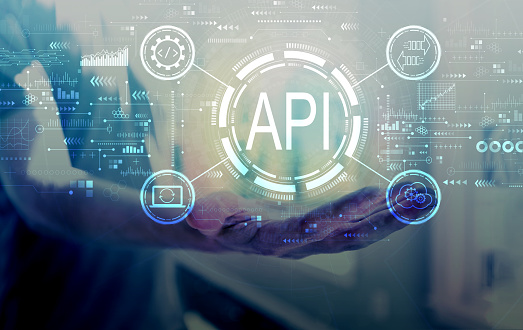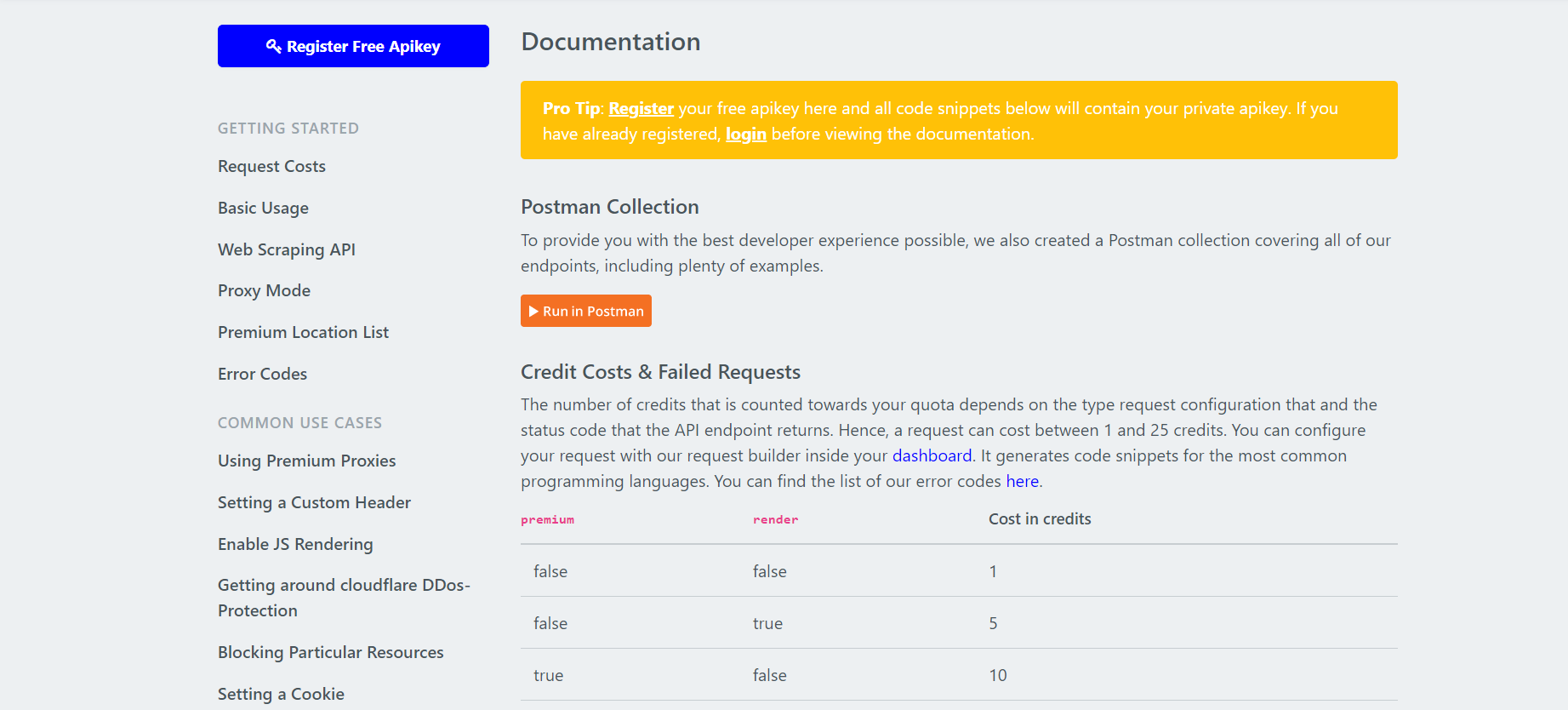Nowadays, data plays a very important part in any web application. One of the most popular ways to collect data is by extracting data from online resources. These online resources can be a web page, listing site, E-commerce site, or social media site. There are many ways to perform web scraping. One of the best ways is to use an API for data extraction. This is referred to as API scraping.
This post will discuss everything you need to know about data extraction APIs including their benefits and how to choose one.
What are The Types of Data Extraction APIs?
A data extraction API is an application programming interface for you to utilize scraping capabilities through your code. There are several types of data extraction APIs such as data crawling APIs and web scraping APIs.
Data crawling APIs help businesses extract and scrape data from larger websites and databases. However, web scraping software tools offer web scaping API that extracts structured data from websites and gives direct access to data. Using these tools, businesses can easily extract and filter relevant data from websites and online directories. They can then use these for market research, lead generation, and competitor analysis.
Using a web scraping API tool, businesses can extract data from any resource without manually copying and pasting information. The APIs work by sending HTTP requests to a website, parsing the HTML code, and then extracting the required data.
Learn how to use web scraping APIs for free!
How to Choose the Right Web Scraping API?
As the options increase, so does the confusion. There are plenty of data scraping APIs available in the market right now.
Choosing the right API for your business or use is very crucial. Therefore, we have a list of factors that would be useful:
- Choose a web scraping tool that supports the specific need. This web scraping tool can include the type of extracted data and the frequency of data updates.
- Consider the pricing plans and the corresponding features of different web scraping tools. Choose the one that best fits your budget requirements.
- Choose a web scraper that has a good reputation and provides reliable customer support.
- Consider the technical complexity of the Web Scraping API. Some web scrapers may require advanced programming knowledge, while others offer more user-friendly interfaces for easier integration.
- Double-check the ethical and legal implications of using Web Scraping APIs, and ensure they comply with the relevant regulations.
These factors can be a great start for you to choose the right web scraping API.
How to Set Up a Web Scraping API?
Setting up a web scraping API can seem like a complex process. Therefore, we have some general steps that you can find in almost any API setup.
- Select a reliable web scraping API provider that meets your data extraction requirements.
- Create an account and select a pricing plan that fits your budget.
- Follow the provider’s documentation to set up the API and integrate it into the existing software system. You might need some technical knowledge for this, eg. REST APIs or JSON.
- Send test requests and examine the output to ensure that the API works fine.
- Cross-check if the API provides follows ethical and legal implications.
By following these steps, businesses can successfully set up a Web Scraping API and start extracting valuable data from websites in a structured and efficient manner.
What are The Best Practices for Web Scraping With APIs?
Web scraping API is a powerful tool if you use it right. Here are some best practices you could follow to make the most out of your web scraping experience:
Firstly, you should limit the frequency of web scraping requests to avoid overloading the website’s servers. Moreover, businesses should avoid scraping a lot of data in a short amount of time. This can be seen as abusive behavior.
You should properly handle and store the data you extract appropriately. This can include anonymizing sensitive data, storing data securely, and ensuring that the data is for lawful purposes only.
You should monitor the web scraping activity to make sure they are not violating any laws or causing harm to website users. You can do this by checking the logging requests, monitoring response times, and implementing rate limits.
What are The Use Cases for Web Scraping API?
As mentioned at the beginning of the article, web scraping APIs are useful in market research, lead generation, financial analysis, and competitor analysis. Besides these uses, web scraping API can be useful for search engine optimization (SEO). They collect data on keywords and backlinks, which can improve a website’s SEO strategy from major search engines.
They can also be seen in price monitoring for monitoring competitor prices to adjust their own pricing strategies accordingly.
Fraud detection is also a common use case where you can monitor for fraudulent activity, such as fake reviews or suspicious website activity.
How can Zenscrape Help You With Web Scraping?
Zenscrape API offers a REST API for data extraction from any number of web pages. It can serve more than 10,000 clients simultaneously.
The complexity of data extraction is all handled by the Zenscrape API. There are proxy pools with a lot of IP addresses. One of the benefits of proxies is to prevent any breaks in web scraping. Data can be accessed by users without further action. High concurrency and automated IP rotation are provided by Zencrape API too.
Zenscrape API also supports JavaScript rendering. In contrast to its rivals, it operates quite quickly in this manner. It integrates quickly into practically any programming language, including JavaScript code, Python, Go, and Java, thanks to its adaptable structure.
Ready to start scraping? Try Zenscrape for free now!
FAQs
What is data API?
An API for accessing data from various sources.
How to use API for web scraping?
To use an API for web scraping, developers can send HTTP requests to the API endpoint and receive structured data in a specific format, such as JSON or XML.
What are the types of API?
Web APIs, data APIs, SOAP APIs, REST APIs, and more. Each type of API has its own protocols and specifications for data transmission and authentication.
Is API used for accessing data?
Yes, APIs are commonly used for accessing data from various sources, such as websites, databases, and applications.



